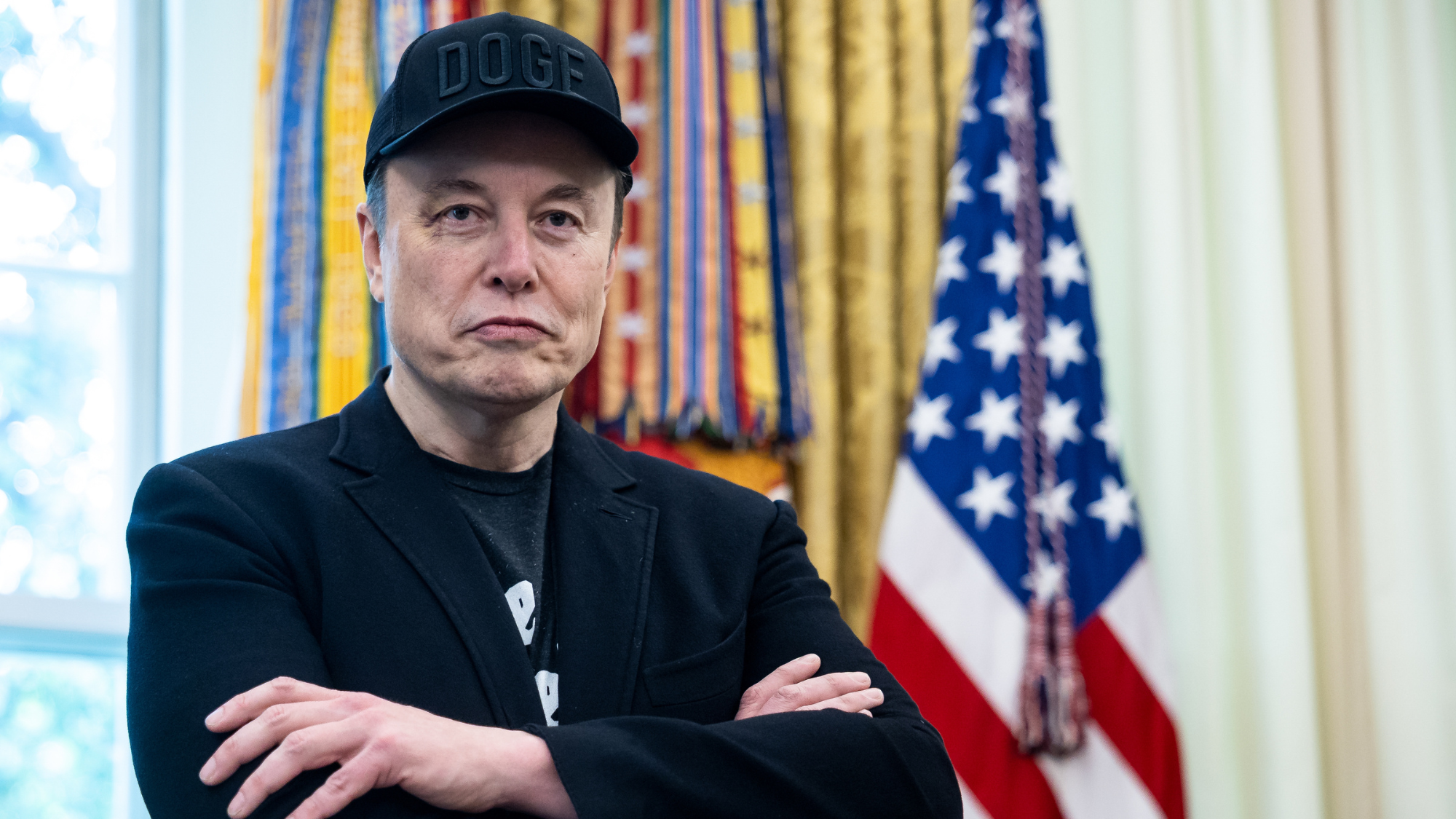Elon Musk has announced the formation of a new political party called the “America Party,” aimed at appealing to moderates disillusioned with the existing political landscape in the United States. The initiative seeks to address what Musk describes as wasteful federal spending while providing an alternative to the two dominant parties. This move has drawn mixed reactions from political observers and established figures within the political arena.
Donald Trump has been quick to dismiss the idea, stating that third parties “have never succeeded in the United States” and arguing that they only create “total disruption and chaos.” Critics like Philip Bump from The Washington Post suggest that Musk, despite his significant influence as a billionaire, risks being “wildly unpopular” due to his previous forays into politics and the perception of his motives.
Yet, some analysts believe Musk’s strategy could have merit. Michael Tomasky, writing in The New Republic, points out that unlike previous third-party efforts which aimed for the presidency, Musk is not pursuing a run for the White House. Instead, he aims to secure a limited number of Senate and House seats to create a legislative faction capable of influencing policy. This approach, he argues, is theoretically feasible, particularly if divisions within the Republican Party emerge.
Potential Impact on Political Landscape
Historically, third parties in the U.S. have gained traction during periods of instability within the major parties. The Republican Party, for example, rose to prominence when the Whig Party fractured over issues like slavery. Analysts believe that Musk’s appeal may grow if political fractures manifest within existing party lines.
Jonah Goldberg from The Los Angeles Times highlights that even if Musk’s initiative ultimately falls short, it represents a strategic move that could alter the dynamics in Congress. The margins in both chambers are narrow, and a coalition of third-party representatives could significantly increase their leverage. This situation might compel established politicians to engage in cross-party collaborations to form effective coalitions, potentially revitalizing a stagnated political process.
While some see Musk as a “problem solver” — citing his success in commercializing electric vehicles and launching SpaceX to disrupt the aerospace industry — others remain skeptical about his political aspirations. Analysts like Greg Orman from Real Clear Politics acknowledge Musk’s innovative spirit but question whether his approach can translate into meaningful political change.
The Road Ahead
As the America Party takes shape, it remains to be seen how Musk will navigate the complex landscape of U.S. politics. His previous experiences, including a brief tenure in the White House, suggest he has a taste for influence, but whether this translates into electoral success is uncertain. Critics will be watching closely to see if Musk can overcome the historical challenges faced by third-party candidates in the U.S.
In summary, while the America Party could serve as a voice for those frustrated with traditional politics, the road to establishing a viable third party in the United States is fraught with challenges. The coming months will reveal whether Musk can leverage his considerable resources and public profile to carve out a new space in the political arena.
